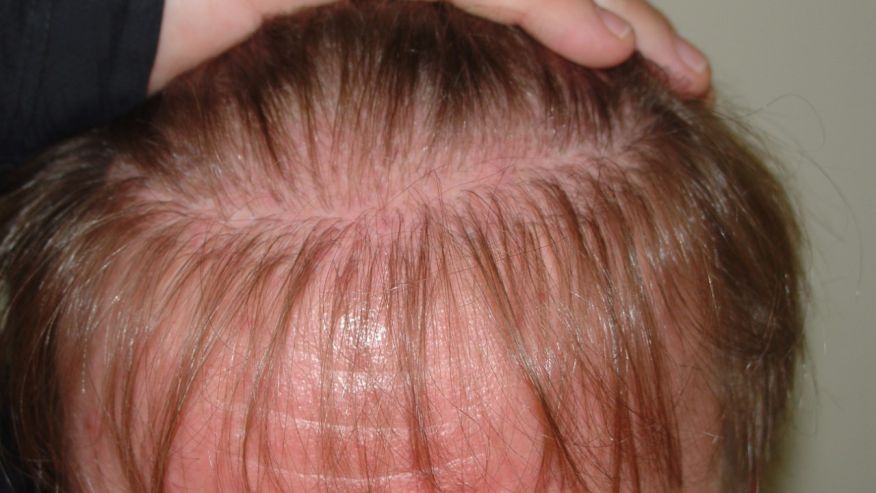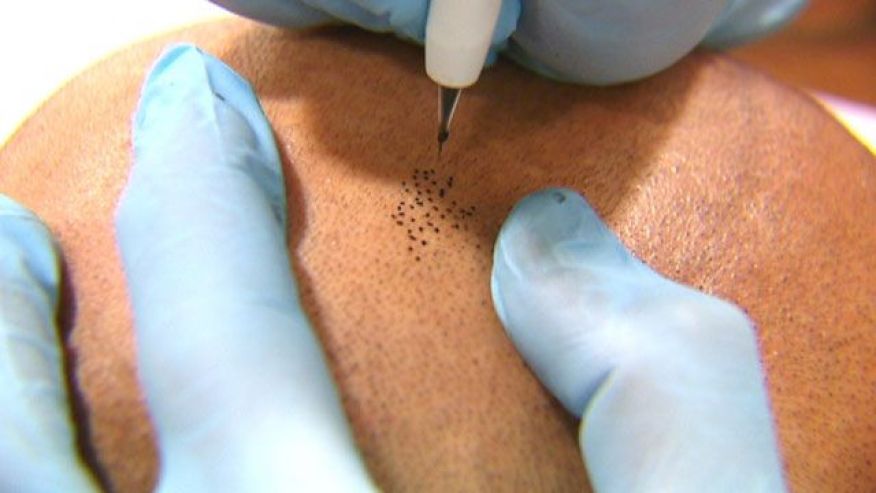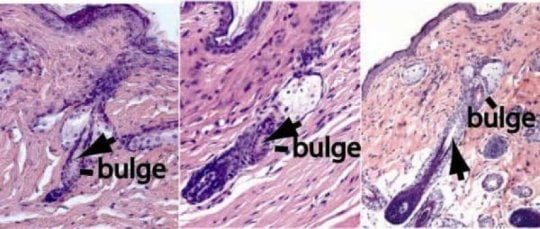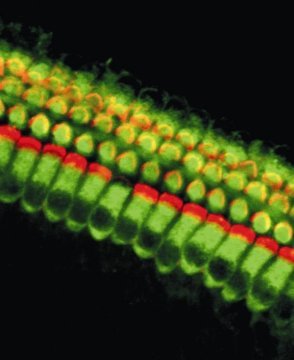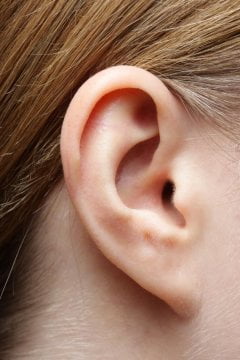
New research uncovers the benefits of a novel drug for treating acute migraine.
Many people with acute migraine rely on triptans, a class of drugs that have been in use since the 1990s. However, triptans do not help everyone, and some people cannot take them because of their adverse side effects.
Triptans work by activating serotonin receptors, an effect that lowers inflammation and tightens blood vessels. As they constrict blood vessels, triptans are not suitable for people with or at risk of cardiovascular conditions.
The drug in the study, rimegepant, belongs to a new generation called gepants, which work in a different way than triptans.
Gepants stop head pain by blocking the receptor for calcitonin gene-related peptide (CGRP), a small protein that the body releases during migraine episodes.
A recent paper in the New England Journal of Medicine describes a large phase III trial in which rimegepant performed significantly better than placebo in the treatment of acute migraine.
“For the first time in nearly 3 decades,” says first study author Richard B. Lipton, a professor and vice chair of neurology at Albert Einstein College of Medicine in New York City, “people with migraine not helped by existing medications may have a new option to find relief during attacks.”
Large-scale trial of novel migraine drug
People with migraine experience recurring attacks of head pain. Other symptoms, such as nausea and sensitivity to noise and light, can also occur. Once it develops, the condition often lasts for life.
Based on the results of a 2018 study, researchers estimated that more than 1 billion people, or 12–14% of the world’s population, experienced a migraine headache in 2016.
Although they are not as common as tension-type headaches, migraine headaches are responsible for the loss of more years to disability because of their more severe nature.
Of the people that it affects, migraine will strike 75% at least once per month and severely impair 50% for the duration of the attack, which can last 4–72 hours.
The phase III trial tested the safety and efficacy of rimegepant in adults with acute migraine.
At 49 trial centers across the United States, investigators randomly assigned more than 1,000 women and men with migraine to receive either rimegepant tablets or placebo tablets that looked the same. The trial was a double-blind one, meaning that neither the participants nor the administrators who gave them the drugs knew who took the placebo and who took rimegepant.
The investigators instructed the participants to take a tablet when they experienced a migraine attack, and the pain had become moderate or severe.
They also asked them to complete electronic questionnaires about their pain and symptoms before they took the tablet and for the following 48 hours.
The questionnaires asked the participants to select the symptoms that most bothered them from a list. The list included symptoms such as nausea and sensitivity to light or loud sounds.
Symptom relief with minimal side effects
The results showed that 19.6% of those who took rimegepant tablets had no pain after 2 hours compared with only 12.0% of those who took placebo tablets.
The investigators note that this difference is statistically significant, meaning that it was highly unlikely to be due to chance.
In addition, 37.6% of the participants in the rimegepant group experienced relief from their “most bothersome symptom” 2 hours after taking their tablet compared with 25.2% of those in the placebo group.
The most common side effects were nausea and urinary tract infection. The investigators observed no adverse cardiovascular effects.
“These results confirm that rimegepant’s mechanism of action — blocking the CGRP pathway — effectively relieves pain and associated symptoms that occur during acute migraine attacks,” Dr. Lipton concludes.
Biohaven Pharmaceuticals, the developers of rimegepant, sponsored the trial. They are waiting for the Food and Drug Administration (FDA) to approve the drug for the treatment of acute migraine.
“As someone who has studied CGRP blockers for more than a decade, I’m gratified to see their benefits confirmed in a large-scale clinical trial.”
[“source=medicalnewstoday”]

